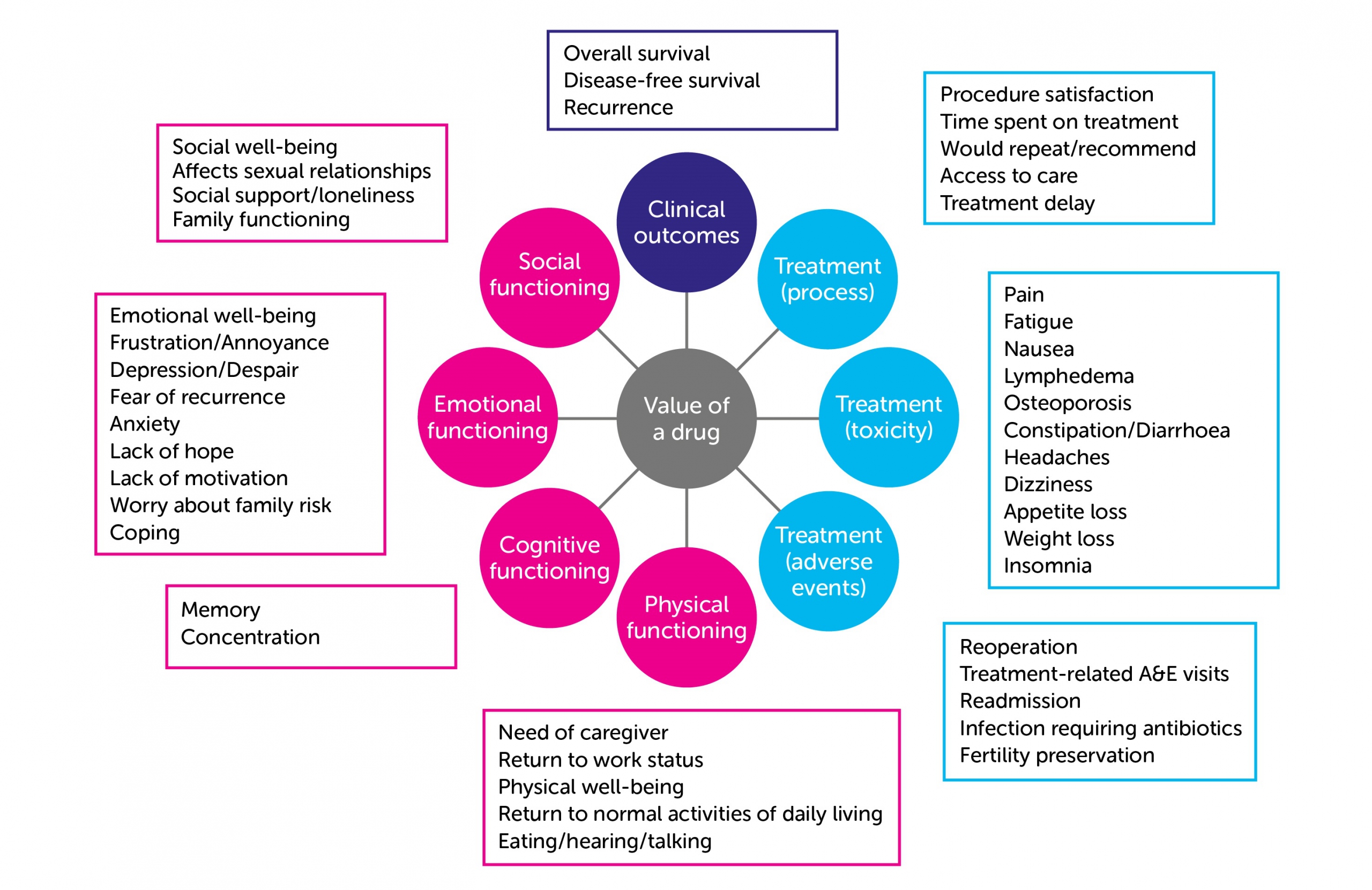Unlocking the Value of Combination Therapies



OHE team members have been active in a number of external seminars, conferences and workshops. These included gatherings of academic experts, discussions involving governments, and meetings organised by the pharmaceutical industry. OHE team members have been active in a number…

OHE team members have been active in a number of external seminars, conferences and workshops. These included gatherings of academic experts, discussions involving governments, and meetings organised by the pharmaceutical industry.

OHE team members have been active in a number of external seminars, conferences and workshops. These included gatherings of academic experts, discussions involving governments, and meetings organised by the pharmaceutical industry.
Measuring the preference of the public for resource allocation in health care is a key focus of several OHE research activities. Koonal Shah presented the results of his empirical study on the attitudes of the general public about spending priorities on end-of-life care in two forums: the seminar of the Academic Unit of Health Economics at the University of Leeds and the 14th Biennial European Meeting of the Society for Medical Decision Making.
Nancy Devlin’s work on measuring public preferences using the EQ-5D and the EQ-5D-5L was the topic of her presentation at a plenary session of ISPOR’s 17th Annual International Meeting. She provided an overview of the work of the EuroQol Group in improving and developing the methods to be used in valuing EQ-5D-5L health states. This included results from extensive pilot studies undertaken during 2011 in eight countries — Argentina, England, Canada, China, Singapore, Spain, The Netherlands, and the United States – and plans for EQ-5D-5L Value Sets studies in 2012 and beyond.
At ISPOR, Nancy also presented two poster sessions that examined the EQ-5D’s use in Parkinson’s disease and in a clinical trial for mirabegron, a treatment for overactive bladder.
The extent to which non-health effects of health interventions are considered by decision-makers was the topic of Martina Garau’s presentation at the 9th Annual Meeting of HTAi in June. Her remarks were based on qualitative interviews with decision makers around the world that identified common methodological and practical barriers to including non-health effects in decision making.
Again considering non-health effects, Martina participated in a discussion about value-based pricing at Economia Sanitari’s 11th Congress. She emphasised that when implemented in the UK in 2014, VBP will broaden the definition of value of medicines beyond health effects.
The use of evidence in decision making was the subject of Nancy Devlin’s presentation at the June meeting of Astellas Pharma’s Health Outcomes Research Network. Her talk focused on explaining why and how health care budget holders use evidence on effectiveness and cost effectiveness and what role measures of health-related quality of life play in that. Nancy explained the EQ-5D instrument and demonstrated how data from it can be analysed.
In May, Nancy led a workshop in the UAE to discuss the measurement and valuation of health and wellbeing and how standard measures might be adapted to help inform health care decision making by HAAD (Health Authority – Abu Dhabi). The event marked the start of a three year research programme, funded jointly by the Health Research Council of Abu Dhabi and Lilly Global, led by Nancy Devlin at OHE in collaboration with HAAD, the EuroQol Group and Paul Dolan from LSE.
Jon Sussex and Jorge Mestre-Ferrandiz each presented the results of an OHE consulting project on health system efficiency and sustainability. The research included 29 interviews with health policy commentators in seven countries, identifying priority areas for improving efficiency and policies for addressing those areas. Jon’s presentation, in March, was to the Second Annual Pharmacoeconomics Middle East Forum; Jorge’s presentation was in June at the 9th Annual Meeting of HTAi.
Efficiency in another area was the topic of discussion in March at the UK Overseas Development Institute (ODI). Based on a monograph authored by Nancy Devlin, Claire Melamed (ODI) and John Appleby (King’s Fund), the workshop discussed how principles and approaches in health outcomes measurement might apply to development projects. This work was funded from a grant from the Bill and Melinda Gates Foundation. Please see our earlier post for a summary.
The application of HTA in emerging markets, specifically Latin America, was the focus of Adrian Towse’s contributions to sessions at a June PhRMA meeting on Health Technology Assessment in Latin American. (For the OHE report on this, click here.)
At ISPOR in June, Adrian participated on a panel that discussed whether expectations are realistic about how diagnostics and personalised medicine will intersect. His remarks were based on the OHE Research Paper on diagnostics and VBP.
Adrian also participated in two session focused on performance-based risk-sharing arrangements. As part of the faculty, he presented a short course that explored theory and practice, including incentives and barriers, and discussed several examples of performance-based schemes from Europe, the United States, and Australia. A hypothetical case study formed the basis for an interactive session. At a plenary session, Adrian was part of a panel that discussed the findings of the ISPOR Good Research Practices Task Force on performance-based risk assessment.
An error has occurred, please try again later.
This website uses cookies so that we can provide you with the best user experience possible. Cookie information is stored in your browser and performs functions such as recognising you when you return to our website and helping our team to understand which sections of the website you find most interesting and useful.
Strictly Necessary Cookie should be enabled at all times so that we can save your preferences for cookie settings.
If you disable this cookie, we will not be able to save your preferences. This means that every time you visit this website you will need to enable or disable cookies again.
This website uses Google Analytics to collect anonymous information such as the number of visitors to the site, and the most popular pages.
Keeping this cookie enabled helps us to improve our website.
Please enable Strictly Necessary Cookies first so that we can save your preferences!
